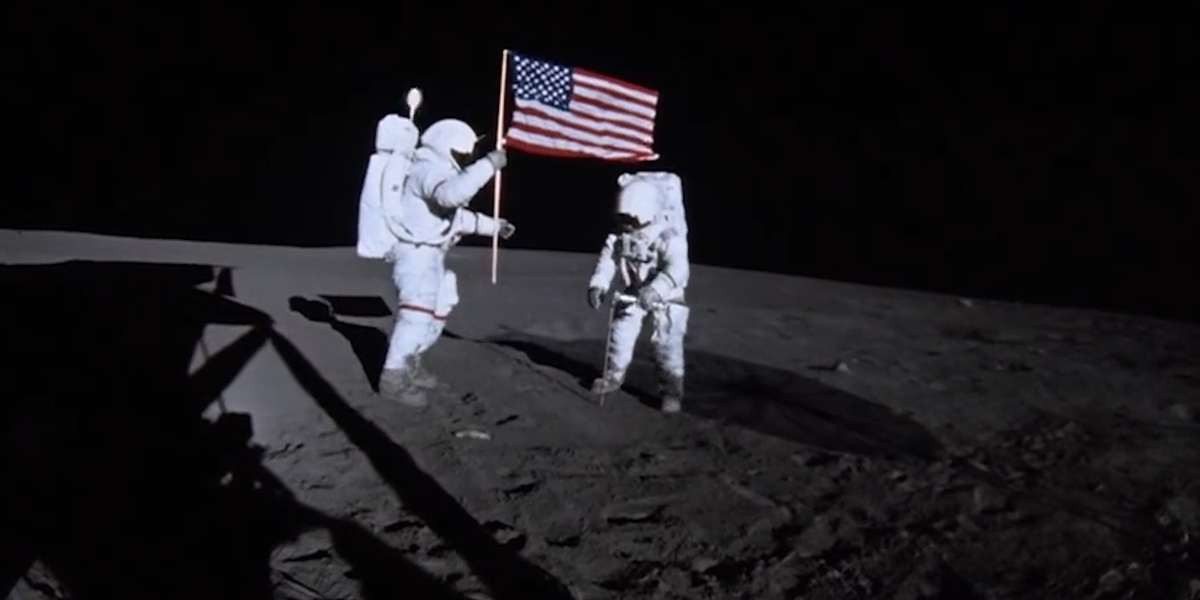The psychology behind why people believe conspiracy theories

- Business Insider spoke to Dr. Jan-Willem van Prooijen, associate professor of psychology at the Vrije Universiteit Amsterdam.
- Dr. van Prooijen said people are often drawn to conspiracy theories after major diasters as a way of coping with their fear.
- He added he finds the flat earth and hollow earth theories the most baffling due to the wealth of scientific research on the subject.
Read the full transcript below:
Jan-Willem van Prooijen: Conspiracy theories always start with a very big, frightening event – think of the 9/11 strikes or a disease epidemic, and people often want to make sense of that, they want to understand what happened, but then begin to typically fill in the blanks themselves.
They don’t have the information and these blanks often involve – people tend to assume the worst. People then tend to assume that these bad events were intentionally caused by a group of bad people that operates in the shadows, that operates in secret.
What has really baffled me as a conspiracy theory as outlandish are the flat earth and hollow earth conspiracy theories. You know – flat earth conspiracy theory which is that scientists have been lying to us for 400 years and that the earth isn’t actually round but it’s flat, and then there’s also the hollow earth theory assuming that the earth is in fact hollow and scientists also hide the evidence for that and there’s a hole in the North Pole where you can go in.
What has baffled me is how many people believe that and how they shove away centuries of scientific research. What I also find fascinating is, for instance, a hollow earth conspiracy theory was actually a valid scientific theory around 200 years ago, and it was also the basis of Jules Verne’s novel “Journey to the Centre of the Earth”, of course. But now, yeah – we really should know better. To me, it reflects a complete disregard of what we know for a fact from science.
You know, there’s always something mysterious about conspiracy theories. Many explanations about conspiracy theories say it’s a response to fear, it’s a frightening situation, I think there’s also another element to that; a conspiracy theory can also be a bit like an exciting novel, or like a thriller, or like a detective, a sort of a “whodunnit”, and I think that also sort of explains the appeal of them to people that may not even believe in them. Because people that don’t believe conspiracy theories also tend to find them fascinating, or like to read about them or like to hear about them. So I think that can explain the draw of these theories among such a wide audience.
Some conspiracy theories can be relatively – they do always have an impact, let me put it this way. But I think that some conspiracy theories that go widespread can have an actual impact and not always for the better. What we believe drives our behaviour.
That belief may be true, that belief may be false, but what we believe drives what we do. And to give you an example, if a belief such as that vaccines cause autism and pharmaceutical industries conspire to hide the evidence for that – if that goes mainstream, and it has gone mainstream, actually – this can have devastating effects.
Lots of parents who don’t get their child vaccinated and we now actually see in various places a renewed surge of illnesses that are preventable by simple vaccines. So sometimes conspiracy theories can go widespread and the consequences of that aren’t always necessarily good.
Produced by Fraser Moore. Camera by David Ibekwe. Special thanks to Funzing UK.


